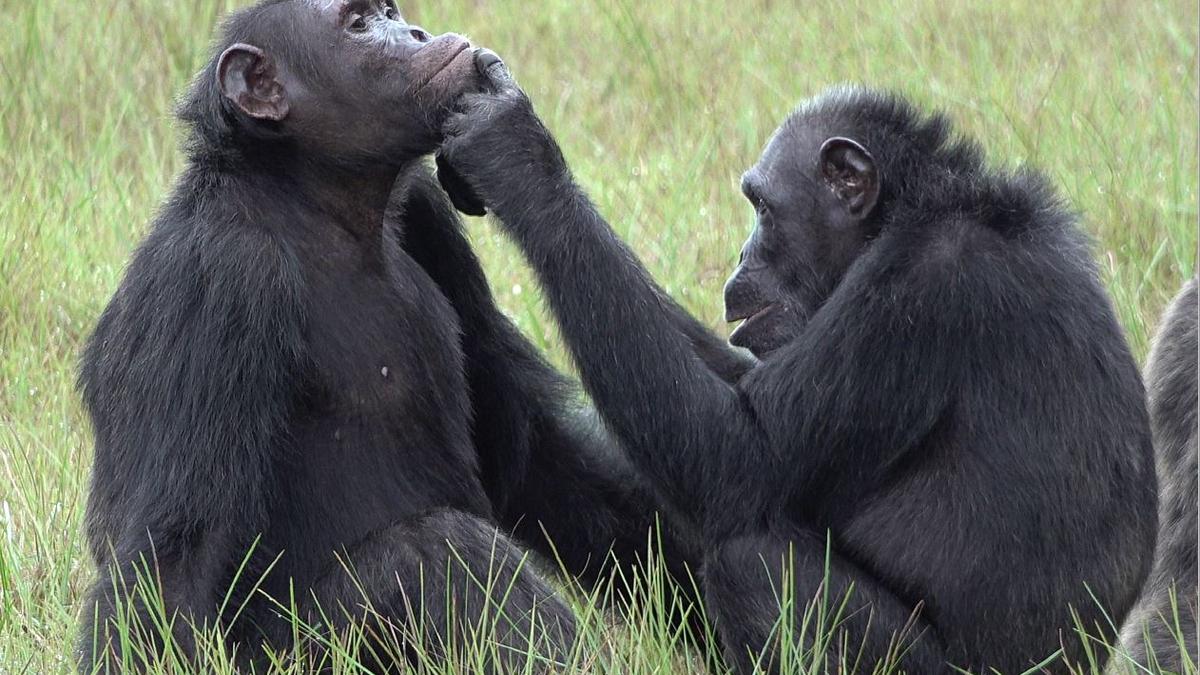
West Africa chimps are losing their culture, in another human legacy Premium
The Hindu
Scientists study cultural traditions in chimpanzees, revealing dialects used for mating and the impact of human influence on their culture.
Culture is what we learn from others and pass on to successive generations by practising it over and over. Scientists have found cultural traditions among humans as well as animals, the latter in the way they forage, socialise, use tools, care for themselves, and mate.
Among these traditions, the characteristic patterns of behaviour that involve communication are called dialects.
In new research published in the journal Cell, scientists with the Taï Chimpanzee Project in West Africa reported four dialects that male wild chimpanzees (Pan troglodytes verus) use in the Taï National Park to find mates to copulate with.
Unfortunately, after documenting the chimpanzees’ lives for more than a generation, the scientists also reported these apes are ‘forgetting’ parts of the dialect thanks to human influences.
“Cultural behaviours are crucial for survival,” Catherine Crockford, a scientist leading the project and researcher at the Max Planck Institute for Evolutionary Anthropology, Germany, and ISC Marc Jeannerod, France, said.
“Illegal hunting or logging may not only be killing individual chimpanzees but also destroying their cultures, which could threaten the survival of the remaining chimpanzees.” Chimpanzees are also poached for use as pets or for bushmeat.
Researchers once believed culture separated humans from other animals. But in the last seven decades, research has revealed cultural practices in many animals. Even so, community-specific dialects in non-human primates such as chimpanzees, orangutans, and bonobos have been rare.





















 Run 3 Space | Play Space Running Game
Run 3 Space | Play Space Running Game Traffic Jam 3D | Online Racing Game
Traffic Jam 3D | Online Racing Game Duck Hunt | Play Old Classic Game
Duck Hunt | Play Old Classic Game











